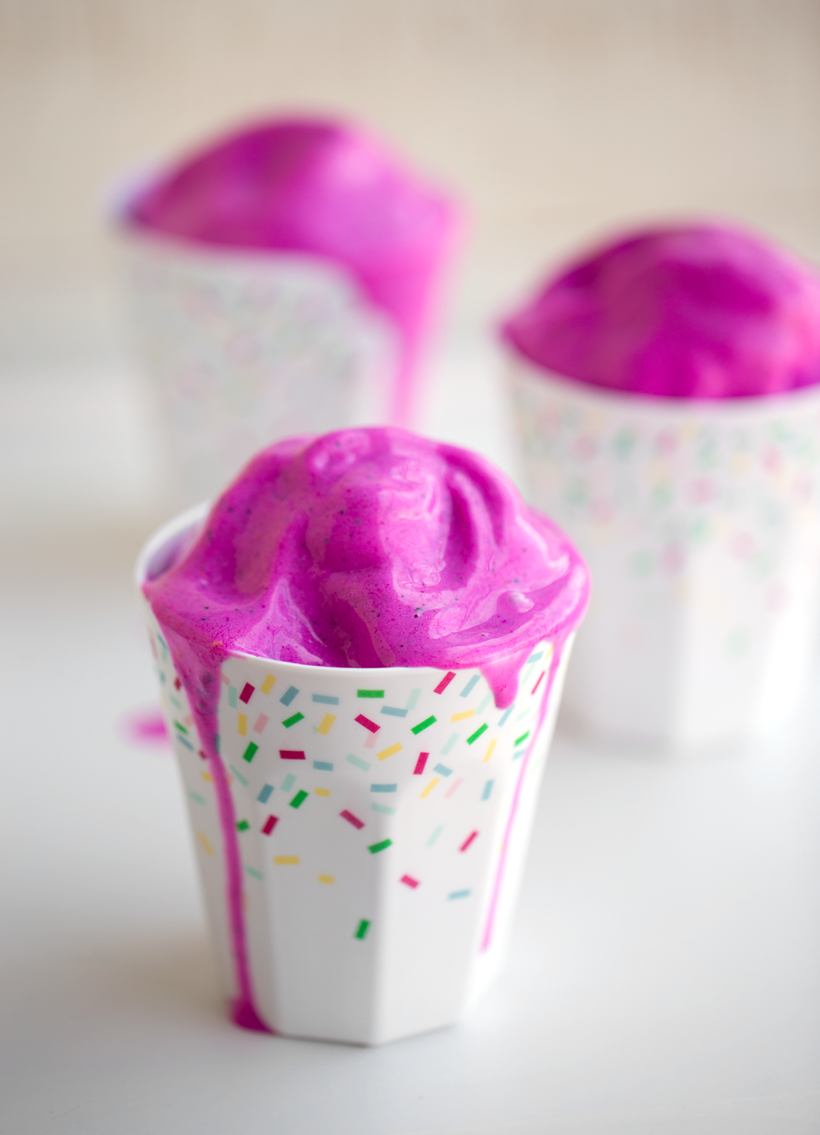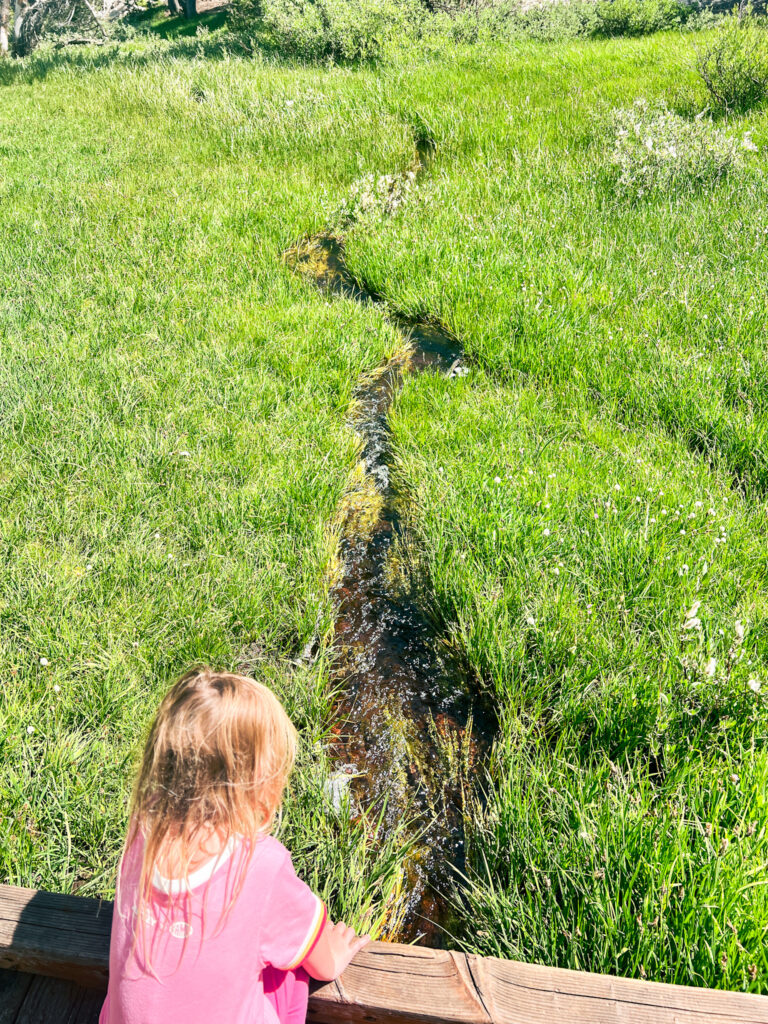Sulfites are a commonly used preservative found in foods, alcoholic drinks, and medications. The most commonly discussed sulfites are those found in wine.
"Sulfites are bad."
"Wine sulfites give me massive headaches."
"Sulfites are toxic. I stay away from them."
"Sulfites are not natural."
...these are just a few of the common responses when I ask people their thoughts on sulfites.
The reality is that few people know the true facts on sulfites.
There are lots of questions....
Is cheap wine the worst?
What about sulfite-free wines?
How can I tell if I am allergic to sulfites?
So lets discuss, and debunk ten sulfite myths.
1. MYTH: Sulfite-free wine is the best way to go if you don't want to consume sulfites.
TRUTH: Sulfite-free wine doesn't exist! A wine maker can claim that there are "no sulfites added, but all grapes create sulfites as a result of the fermentation process. Fermenting yeasts found on grape skins generate naturally occurring sulfites, about 6 to 40 ppm (parts per million).
2. MYTH: Organic wine is sometimes sulfite-free.
TRUTH: Organic wine often contains less sulfites. But as stated in #1, there is always going to be some amount of naturally occurring sulfites.
3. MYTH: If the label on a wine bottle doesn't say "contains sulfites", the wine is sulfite-free.
TRUTH: As stated, all wine will contain naturally occurring sulfites. By law, any wine with above 10 ppm sulfites, must post a "contains sulfites" label. If the wine contains below 10 ppm of sulfites, no label is required.
4. MYTH: Both red and white wine contain the same amount of sulfites.
TRUTH: A general rule is that white wine contains more sulfites than red wine. So a white wine headache may actually be a reality if you are slightly sensitive to sulfites.
5. MYTH: If wine says it contains sulfites, it is probably a significant amount, and should be avoided.
TRUTH: By law, all imported and domestic alcohol exceeding 10 ppm of sulfites must bear the label-warning "Contains Sulfites". Wines that contain less than 10 ppm sulfites are not required, however, this does not mean the wine contains no sulfites.
6. MYTH: Sulfites are unhealthy and many people are allergic.
TRUTH: The FDA says that only about .4% of the population is highly allergic to sulfites. However, many people are slightly sensative to sulfites. Asthmatics are especially at risk of sensitivity. Those who are sensitive should stick to organic wines, and choose red over white. Or avoid alcohol completely.
7. MYTH: Wine contains the highest concentration of sulfites out of any product on the market.
TRUTH: Actually, sulfites ranging from 6 to 6000 ppm are found in these products: fruit juices, dried fruits, fruit concentrates, syrups, sugar, jams, gelatins, cake toppings, baked goods, pizza dough, frozen potatoes, processed vegetables, cheeses, ans many prescription drugs. Two ounces of dried apricots, have 10 times the sulfites as a glass of wine. Eating dried apricots is a great way to test your allergic reaction to sulfites. But do so with caution under a doctors' close guidance.
8. MYTH: Sulfites cause more harm than good.
TRUTH: The possible negative effects of sulfite consumption is still unconfirmed. Sulfites are an amazing preservative, and have been used for hundreds of years. Without them, we would not be able to have wines that have the ability to age for many years. Sulfites also kill off any bugs that result from a ages-old, not-so-clean wineries. Some brand new wineries in California are extremely hygenic, and can use low sulfites for drink-quick wines. This couldn't happen at centuries old European wineries. So sulfites make it possible for us to drink certain high quality, aged wines with a bit of assurance. Sulfites also allow common household food items like strawberries and bread to keep for a much longer period of storage.
9. MYTH: European sold wines do not have the "contains sulfites" label warning, and thus have no or less sulfites.
TRUTH: Not true. Europeans think Americans are ridiculous for saying "has sulfites" on wine labels. To them it's like requiring a label saying "Has seeds!" on a store bought apple.
10. MYTH: Cheap wine, Massive Headache!
TRUTH: OK, this one can be true! There is an impurity called a cogener. Cogener is more concentrated in lower quality wine or dark alcohols.
Cogeners cause hangovers. Why do hangovers hit the morning after? Well interestingly, alcohol inhibits the action of the cogeners. So your hangover is usually delayed until after all the alcohol leaves your system and only the cogeners are left. (About the next morning, right.)
But don't worry, if you do get a massive hangover, you can always reach for some fresh young coconut water for the ultimate hangover remedy.









